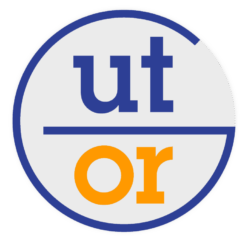The University of Toronto Operations Research Group (UTORG) is hosting a lunch talk by Giorgio Costa. The talk is entitled “A Regime-Switching Framework for Portfolio Optimization”. Lunch and coffee will be provided. Hope to see you there!
|
Who: Giorgio Costa, Ph.D. candidate, University of Toronto
When: Thursday, November 08th @ 12:00pm – 1:00pm Where: BA8256 |
 |
|
Bio-sketch: Giorgio Costa is a Ph.D. candidate in Industrial Engineering at the University of Toronto under the supervision of Professor Roy H. Kwon. His research interests are financial optimization and risk management, specifically the field of portfolio optimization under uncertainty. As part of his research, Giorgio also works at the Toronto-Dominion Bank as a Senior Risk Analyst performing quantitative research and financial modelling. Before starting his degree at the University of Toronto, Giorgio worked as an engineering consultant for the mining industry at Amec Foster Wheeler for three years. He holds a B.Eng. (Hon.) in Mechanical Engineering from McGill University. Abstract: Formulating a novel Markov regime-switching factor model to describe the cyclical nature of asset returns in modern financial markets. Maintaining a factor model structure allows us to easily derive the asset expected returns and their corresponding covariance matrix. By design, these two parameters are calibrated to describe the properties of the different market regimes. In turn, these regime-dependent parameters serve as the inputs during portfolio optimization, thereby constructing portfolios adapted to the current market environment. This model can be improved by periodically rebalancing the portfolios, ensuring proper alignment between the estimated parameters and the transient market regimes. An out-of-sample computational experiment over a long investment horizon shows that the proposed regime-dependent portfolios are better aligned with the market environment, and can consistently outperform competing portfolios. |
|

